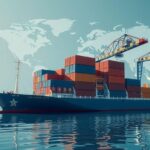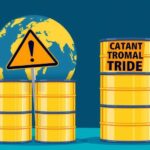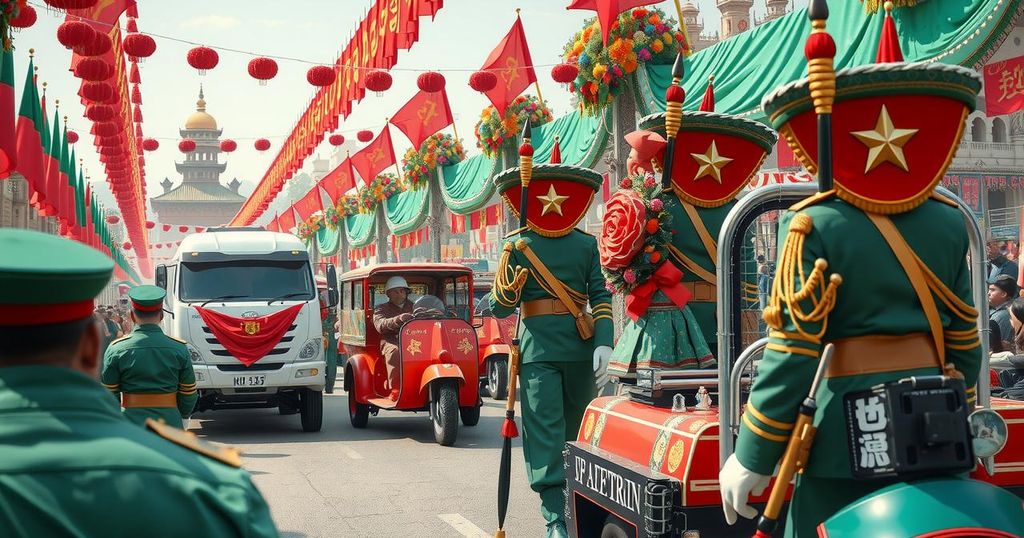Vietnam’s Diplomatic Strategy Amidst Trump Tariffs Challenges
Vietnam faces potential tariffs from President Trump’s upcoming trade policies, with Prime Minister Pham Minh Chinh advocating for a diplomatic approach. Despite engaging with the US and recent tariff reductions, concerns linger due to Vietnam’s trade surplus with China and the possibility of US tariffs harming businesses in Vietnam and the US alike. The effectiveness of these strategies will be evaluated as Trump’s new tariffs are implemented.
Countries globally are preparing for President Donald Trump’s upcoming “Liberation Day in America,” on which he is anticipated to impose reciprocal tariffs. Particularly vulnerable, Vietnam has benefited from firm relocations from China, leading to a substantial trade deficit with the United States. Prime Minister Pham Minh Chinh has opted for diplomacy, humorously suggesting he would visit Trump’s Mar-a-Lago to play golf if it would help Vietnam’s interests.
Despite Trump’s past criticisms of Vietnam, asserting the country is a significant trade abuser, he has yet to directly target it with tariffs. Analysts believe Vietnam’s diplomatic engagement with Washington is improving, but it may fall short against Trump’s aggressive tariff strategy. Stephen Olson remarks that the proximity of Vietnam’s political leaders to Trump may enhance relations, but this will not protect Vietnam from trade policies driven by Trump’s tough stance.
Vietnam has expressed intentions to facilitate trade, recently allowing operations of SpaceX’s Starlink satellite service and lowering tariffs on various US imports. This aligns with their “bamboo diplomacy,” which indicates flexibility under international pressure, according to Steve Norris. There are indications that, should the US exert more pressure, Vietnam might present offers in industries such as hospitality or rare earth minerals to foster investment.
The influence of China remains a critical factor for Vietnam. During Trump’s first term, many businesses shifted manufacturing to Vietnam amidst US-China tensions. This adjustment has increased Vietnam’s exports to the US, further bolstered by Chinese investments in Vietnamese projects. However, the intertwined economies raise concerns for Trump, who may soon impose tariffs on Vietnam.
Such tariffs could have ramifications for US companies operating in Vietnam, such as Apple and Nike. Indeed, a recent American Chamber of Commerce survey indicates that most US manufacturers in Vietnam would resort to layoffs if tariffs are enacted. Although Trump believes tariffs will revitalize the US economy, economists warn they might inflate consumer prices and hamper global trade.
As Washington focuses on mitigating the trans-shipment of Chinese goods through Vietnam, Prime Minister Chinh expresses optimism regarding US relations. With recent tariff reductions on US goods, Vietnam might enhance America’s market presence. Whether golf diplomacy, akin to that employed by former Japanese Prime Minister Shinzo Abe, will be utilized remains uncertain. The real implications will surface following the implementation of Trump’s new tariffs next week.
The impending tariffs imposed by President Trump present significant challenges for Vietnam, a nation grappling with a large trade deficit despite its strategic diplomatic engagement with the United States. While Prime Minister Pham Minh Chinh adopts a diplomatic approach reflecting potential golf diplomacy, analysts caution that Vietnam’s efforts may not shield it from tariffs which could adversely affect both Vietnamese and American businesses. Ultimately, the efficacy of Vietnam’s strategies will be tested as the new tariffs take effect.
Original Source: www.bbc.com








Post Comment